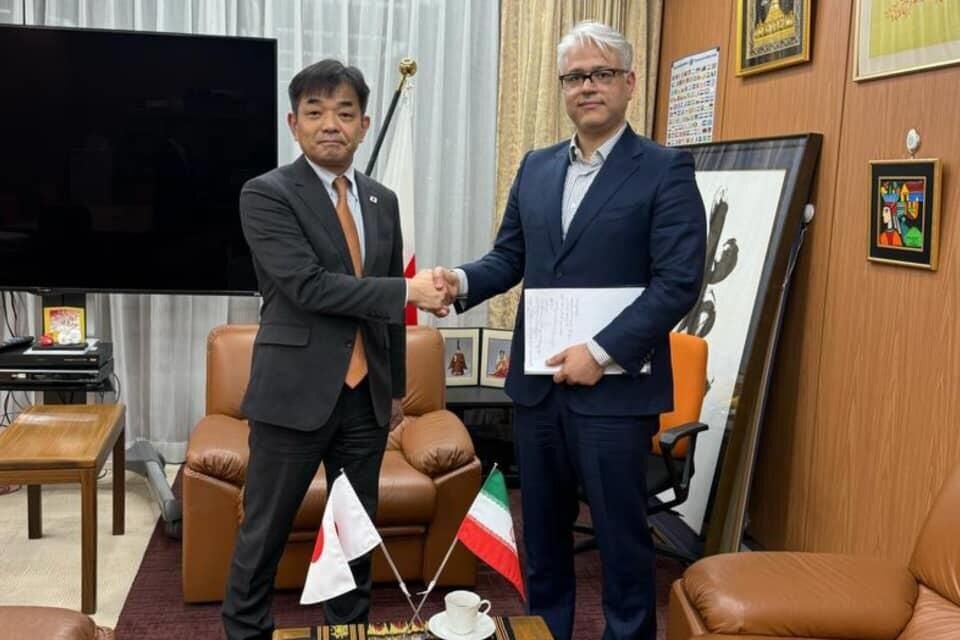Tehran – Deputy Minister of Information, Communications and Technology (ICT), Esanchizzaz and Japanese Deputy Minister of International Affairs and Communications, Imagwa Takuo emphasizes the need to expand the development of key sectors (AI), digital economy, and sustainable communications, including the development of artificial intelligence (AI), digital economy, and sustainable communications.
At a meeting held in Tokyo on Wednesday, authorities searched the path to further strengthen collaboration, the IRNA reported.
Not only has it established the “Iran and the Digital Innovation Centre” and cooperated in policy decisions on emerging technologies such as artificial intelligence, big data and platform regulations, it has also held joint university courses and was one of the topics discussed by digital economy training experts.
Takuo announced that Japan is ready to promote digital ties with Iran, saying that Iran is pursuing a digital transformation path focused on local and long-term considerations. Japan supports this approach and is ready to implement a collaborative project by evaluating Iran’s constructive proposals.
The two also agreed to establish a joint executive working group to follow up on the implementation of the agreements reached.
ICT situation in Iran
The Ministry of Information and Communications Technology is the highest authority in the field of ICT in the country. All activities related to the Information and Communications Technology industry are directly related to the Ministry.
The government is paying special attention to the planning and policies of this sector to maximize the use of ICT to promote people’s lives.
The success of satellite design, construction and launching shows the growth of the country’s national technology and scientific capabilities.
Space technology is considered a tool for prosperity, peace, scientific and cultural development, and for expanding economic progress in human society.
Various countries around the world are utilizing this technology in some way based on their capabilities, capabilities and efforts.
Currently, 13 universities and research institutes belonging to the Ministry of Science and Research offer aerospace majors, so Iran has a high capacity to train professionals and experts in the aerospace sector, making it a major country in the region.
Access to communication services in the country’s rural areas has improved over the period as the total number of villages with communication services increased to 52,182 and 47,837 villages have access to home landline services.
Furthermore, the number of mobile users in Iran reached nearly 1358.9 million, according to the CRA, which brought mobile phone penetration to 161.67%.
However, the figure shows that fixed broadband adoption in Iran has stagnated at 14%, with roughly 119.21 million customers with access to the internet through those services.
The statistics show that fixed broadband internet has increased by less than 2% compared to last year, with mobile internet experiencing 10% growth. However, the speed of mobile internet expansion is five times faster than that of fixed internet.
mt/mg

